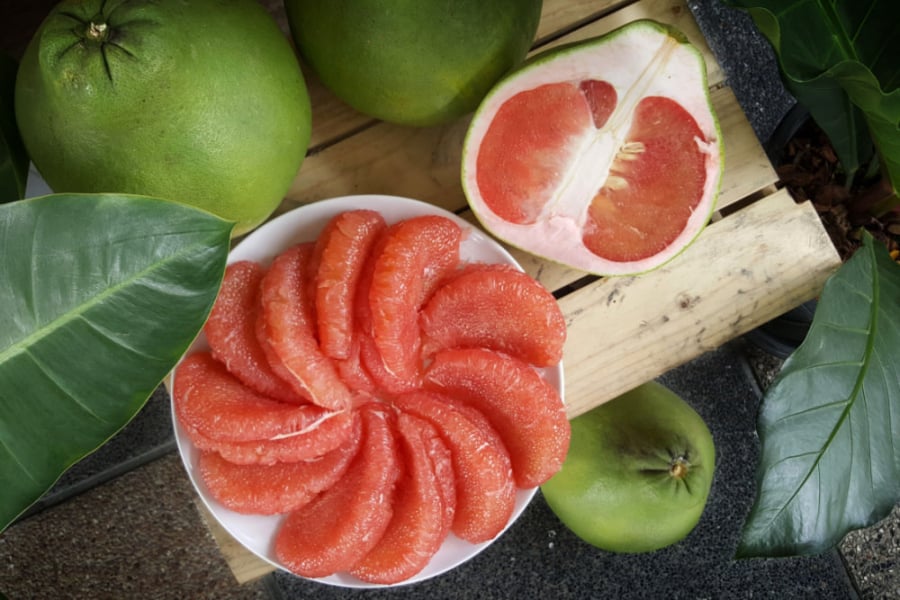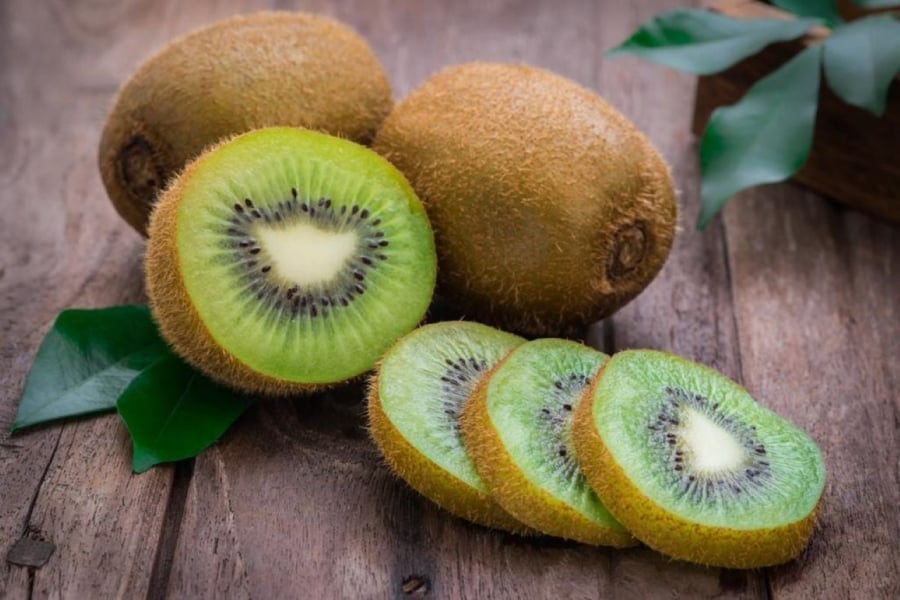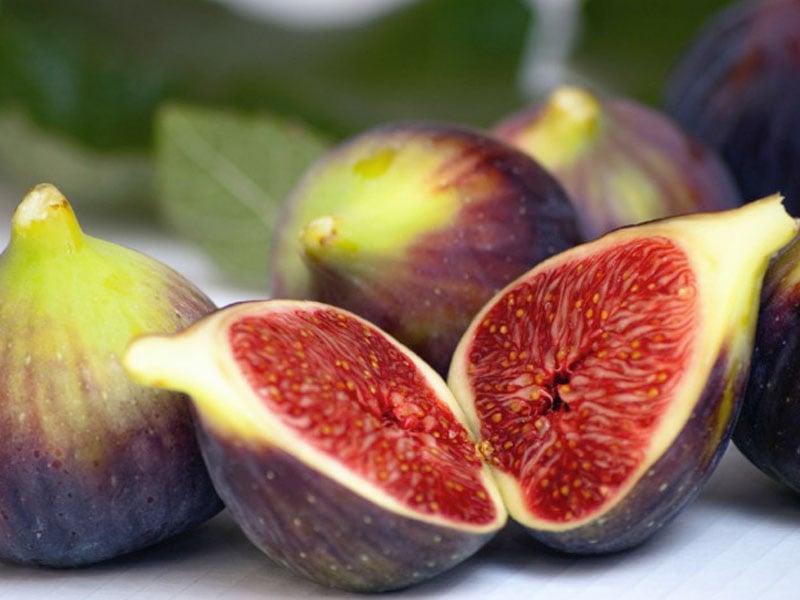Studies have revealed that certain fruits, despite their sweet taste and vibrant colors, have a low glycemic index and are rich in fiber, polyphenols, vitamin C, and potassium. These fruits positively impact blood sugar control, cardiovascular health, and gut microbiota in diabetic patients. The key lies in the “choice,” “method of consumption,” and “portion size.”
Below are 5 fruits that, although sweet, are nutritional powerhouses and can be moderately incorporated into the diet of diabetic patients:
Grapefruit
Many avoid citrus fruits due to concerns about their fructose content affecting blood sugar levels. However, grapefruit has a glycemic index of just 25, making it one of the lowest among fruits.
Grapefruit contains naringin, a compound proven in experimental studies to help regulate blood sugar levels.
Note: Grapefruit can interfere with the metabolism of certain medications, so consult a healthcare professional before consumption.

Apple
A daily staple, apples have a glycemic index of around 36, classifying them as a low-GI food.
The flavonoids in apple skins also play a role in regulating glucose metabolism and enhancing insulin efficiency.
Research shows that individuals who consume apples regularly have a significantly lower risk of developing type 2 diabetes compared to non-consumers.
Kiwi
Its sweet-tart flavor may suggest high sugar content, but kiwi has a glycemic index of approximately 50 and is rich in vitamin C and fiber.
These components slow sugar absorption and reduce post-meal blood sugar fluctuations.

American Persimmon
Often mistaken for a high-sugar fruit ideal for candy-making, fresh persimmons have a glycemic index of only 35.
They are rich in soluble fiber, potassium, calcium, and antioxidants. Moderate consumption can regulate gut microbiota and improve insulin resistance.

Blueberries
Their deep color and sweetness might deter some, but blueberries have a glycemic index of just 53, placing them in the low-to-moderate range. They are also rich in anthocyanins, offering excellent antioxidant and anti-inflammatory benefits.
Long-term moderate consumption of blueberries has been linked to higher insulin sensitivity and more stable fasting blood sugar levels.
Important Note:
While fruits are beneficial, excessive consumption should be avoided. A balanced diet is key.
Diabetic patients should monitor total sugar intake, timing of consumption, and food pairings. Enjoy fruits as snacks between meals rather than immediately after main meals. Pairing fruits with high-quality protein sources, such as soy products and nuts, can slow sugar absorption.






























